
One of the main goals for all businesses is to generate revenue and make money, the proceeds from sales of business products or services are in form of money. Businesses have to find safe custody of the money by opening up business bank accounts at commercial banks. The Banks offer services such as safe custody, deposit taking and processing payments amongst other services.
If you just registered a business or are about to register one, it is important to think about opening a separate bank account for the business to separate personal money from business money, especially for sole proprietors. For companies, once you incorporate a company you must open a business bank account for the business.
In this article, we will highlight Business Banking in general and the process for registered businesses in Kenya. In Summary;
- An Overview of the Business and Banking Sector
- Functions of commercial banks
- Benefits of business banking
- Types of business bank accounts
- Factors to consider while Opening a Business Bank Account
- Requirements for Opening a Business Bank Account
- List of Kenyan Banks and their Codes
- Disruptions in the Banking Sector
- Safeguarding your Business Bank Account
An Overview of the Business and Banking Sector
A bank is an institution licensed to offer services of deposit-taking from the public. There are other functions of the bank other than deposit taking.
Commercial Banks offer businesses safe custody to keep their money, it also provided a convenient way for receiving and making payments for the business. In an economy, the banks also play a major role in helping the central banks regulate the flow and circulation of money through monetary policies to stabilize an economy.
In Kenya, Commercial Banks are regulated by the Central Bank. Which license and supervise the banks to comply with the set laws and regulations. The banks also have their association Kenya Bankers Association(KBA) which is an advocacy group and umbrella body for the Licensed banks.
As a business principle, it is always prudent to separate business finances from personal finances. This can be achieved effectively when a business opens up its bank account for channelling business money and not using the owners’ bank account.
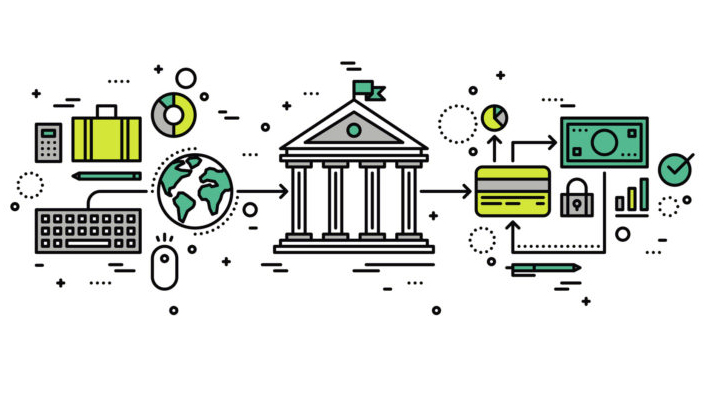
Functions of commercial banks
1. Deposit Taking
Commercial banks offer deposit-taking services for safe custody.
2. Lending Funds
Commercial banks offer Credit Services to businesses based on their credit performance. At some point, a business may require financing for its operations, capital financing etc. Commercial banks offer Business loans thereby boosting a business’s cash flow.
Business lending could either be long-term or short terms. For example, banks offer Short term credit by offering Overdraft services, where a business can make payments for more than they have as their account running balance.
3. Letter of Credit
Banks play a major role in International business by offering Letters of Credit. This is a letter for a guarantee of payment from a buyer’s bank, guaranteeing that payment will be made to a seller’s bank upon meeting some set terms in international trade. The letter protects both buyers and sellers in international trade who are often strangers to each other, it is a form of the escrow payment system. Letters of credit are also required in the tendering process, in Kenya public tenders by government agencies require a Letter of Credit from a Successful Bidder as a safeguard that the bidders will not pull out of the tendering process prematurely
5. Agency Services
Banks act as agents to their customers for various services such as:
- Makes payment due on behalf of its customers e.g., insurance premiums, salary
- Receiving cheques on behalf of its customers
- Sells and buys government securities on behalf of its customers
- Some banks provide tax services to the customers such as preparing income tax returns
Benefits of business banking
1. Access to Credit Facilities
With a good business banking account, your business will enjoy better credit facilities. If the business has a good credit rating it can negotiate for better lower rates.
2. Separation of Business money from Personal Money
This separation helps business owners to avoid the risk of mixing their personal and business finances which may make it difficult to assess the performance of the business.
3. Sound Financial and Accounting Practices
With the business banking account for the business, business proceeds and money is well accounted for without the problems of sorting out such if the money was banked into a personal account. This also aids in any audit trail and reconciliation of business accounting records.
If a business does not have an accounting system for recording business transactions. With a business bank account, it is easier to go through the bank statement and do the books account.
4. Increases Business Credibility
In business transactions, a business often deals with new clients who may have not interacted with the business or even heard about the business. Earning clients’ and customers’ trust is very vital in such scenarios dealing with them for the first time. The trust can be easily won where the business requires customers to make payments to the business account since the client will feel more secure dealing in transactions that have a paper trail.
5. Ability to receive and Send Money globally.
Globalization has seen business conduct business transactions across national boundaries. When you open up a business bank account for your business you can receive payment from any part of the world through International Money transfer services such as SWIFT, you can also send payment to any part of the world, especially when doing international trade.
6. Gives the Business a Professional image and outlook
With a Business Account for your business, it gives it a professional outlook and while engaging in business engagements such as while pitting at international or national trade shows, people will take your business more professionally when you issue them proposals with payment terms indicating you only accept payment through the Business Account.
When receiving payments, other businesses will also strictly pay in the name of the Company. A cheque for instance will only be drawn in the name of your business.
7. Access to advanced business tools
Nowadays most banks have increased their agency services to their customers such as business advisory services, bookkeeping and invoicing software integrations.
Types of business bank accounts
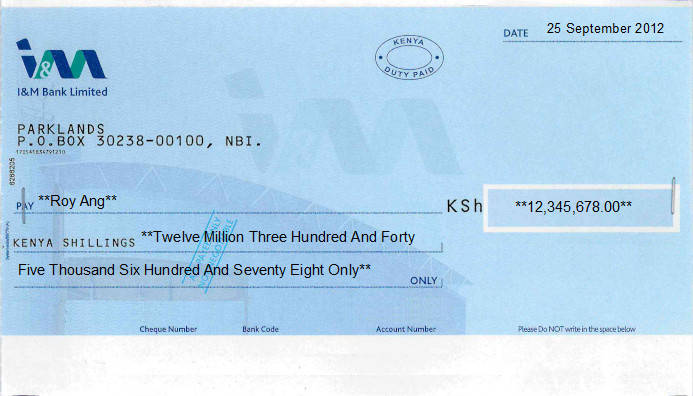
Generally, almost all commercial banks offer two types of Accounts; A Current Account and a Savings Account.
A Current account is an account that allows the owner to operate the account and can make transactions such as withdrawals at any time, on the other hand for a savings account, the number of withdrawals of money is limited to certain periods or the number of transactions in a given time.
For a business account you should have at least three types of Business Bank Accounts, this include:
- Operations Account
- Savings Account
- Investment Account
- Foreign Currency Account
This category of account is not only limited to a business, even at a personal level as a serious entrepreneur you should also have the three categories of accounts.
Operations Account
This is an account that holds the working capital of the business. It allows businesses to deposit money, write cheques and make cash withdrawals using ATM cards or over-the-counter. Businesses need to have this account especially if the business needs to make regular payments to suppliers.
Three operational accounts can be opened for a business;
a)Accounts Receivables Bank Account / Cash Collection Account
This is the account the business uses to collect money from its clients. The account will be on invoices the business issues out to clients and customers. The account is public since you give it out to customers for the remission of payment.
This type of account should be used to collect the money and then the money can be transferred into a Cash Holding Account.
b)Cash Holding Account
With the rise of cyber and banking crime and fraud, it is always good to have a Cash Holding Account, where money from a Collection account can be transferred into. Since the Cash Collection Account is in the public domain on invoice documents, it is safe transferring it to an account where only the internal officers know the account numbers.
Cases of internet banking hacking are common, and hackers often try to access the account they know information about such as the cash collection account which is in the public domain. But having a “private” cash holding account in which account number details are not known reduces such fraud chances.
The Cash Holding Account is a temporal account where money sits temporally before it can be transferred to the other category of account. I.e Payables Account or Savings and Investment Account.
c) Accounts Payable Account
A business can also get a Business bank account that is primarily for making payments only. Money from the holding account is transferred to the Accounts payable account for the business to utilize the funds in making payments to suppliers’ and employees’ salaries.
This account will also be public since suppliers will have the account numbers.
Savings Account
This account holds the surplus fund of the business for future use and allows the money to yield interest which is considered income to the business. There are two types of saving accounts
Traditional savings account: This is a savings account that allows one to withdraw money at any time with a limit of the amount you can withdraw monthly. However, the account yields a low-interest rate.
High-yield savings account: This account earns a high-interest rate compared to a traditional savings account, for this type of account money is locked from withdrawals for a longer period.
Investment Account
This account holds money meant for funding proposed investments of the business. Moreover, it holds securities such as bonds of an investor.
Foreign Currency Account
Foreign Currency bank accounts allow clients to maintain account balances in different currencies from their home country currency.
This type of account is very convenient for a business expecting to deal in international trade and received money from abroad. With the frequent fluctuation in the foreign exchange (forex) rates a business with a foreign currency account such as the Dollar, or Euro that’s are major international payment currencies will not be negatively impacted by such fluctuations.
A foreign currency bank account is a cost-effective way of sending money abroad. It saves you from high transaction costs associated with sending money using bank accounts that are subject to fluctuating exchange rates and different financial laws.
Banks that offer international bank accounts have worked with many people from different countries who have businesses in different countries. Therefore, they are in a position to advise you appropriately on how to manage your money while living abroad.
Factors to consider while Opening a Business Bank Account
As we have highlighted the types of accounts you can open for your business. You need to consider the following factors while choosing the type of account to open for your business:
- The Nature of your Business will determine which account to go for. E.g Foreign Currency Account if you will be receiving money from abroad.
- Bank charges- Banks have monthly maintenance charges, open one where you are comfortable incurring the charges.
- Account Opening balance and minimum balance; some premium banks have accounts that require a certain minimum to open the account and the minimum amount to maintain a balance.
- Bank Branch Location; open an account in a convenient Branch location that is convenient to access
- Technological Infrastructure; banks that have implemented technology to enhance banking solutions such as internet banking are better for transactions convenience.
- Valued Added Services; get a bank that offers valued adds services on top of banking services such as Insurance, Business SME training etc
Requirements for Opening a Business Bank Account
Almost all banks have the Same requirements for opening a business bank account. The business must be a registered business as either a Business Name (Sole Proprietorship), a Partnership or a Limited Company.
Is your business registered? If not, contact us we will help you with its registration.
Below is a table showing the commonly required documents while opening a business bank account in Kenya;
| Business Name (Sole Proprietorship) | Partnership | Limited Companies |
| Business Registration CertificateProprietor KRA PIN Proprietor National ID | Business Registration Certificate Partnership Deed Partnership KRA PINPartners National ID Partners KRA PINs Partners’ Resolution To Open Bank Account | Certificate of Incorporation Company Current CR12Company KRA PIN Board Resolution to open Account Directors National IDsDirectors KRA PINs Company Articles and Memorandum of Association For Companies that Adopt Companies Act 2015: CR’s Documents |
For any business that will have more than one signatory for a business name, partnership and limited company a resolution to open a bank account must be done. The resolution should be signed and stamped on the business letterhead.
Download Business Bank Account Opening Resolution Template
We have drafted a sample business account opening resolution that you download and use to open a business bank account for your company.
List of Kenyan Banks and Branches Codes.
Many commercial banks are operating in the Kenyan Banking Sector from where you can open a business bank account.
The banks are classified into; Tier 1 Banks, Tier II Banks and Tier III Banks. Tier I banks are the top large banks in terms of asset base and customers. On the other hand, Tier II Banks are Medium Size Banks.
Banks in Tier I
- Kenya Commercial Bank.
- Equity bank.
- Cooperative Bank.
- Absa Bank.
- NCBA Bank Kenya Plc (NCBA)
- Standard Chartered Bank.
- Stanbic Bank.
- Diamond Trust Bank (DTB)
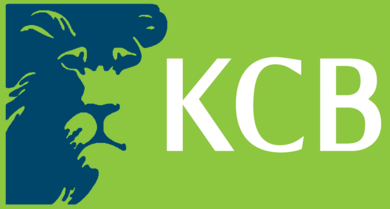
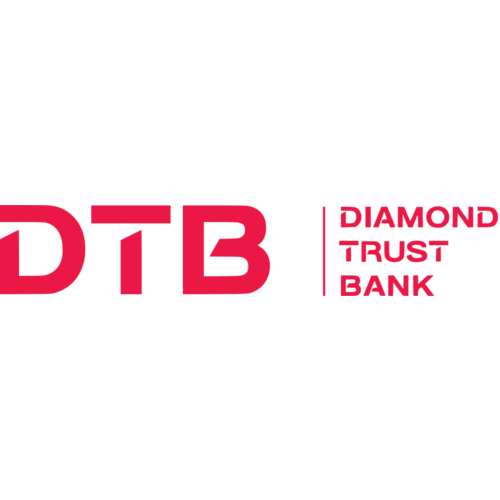

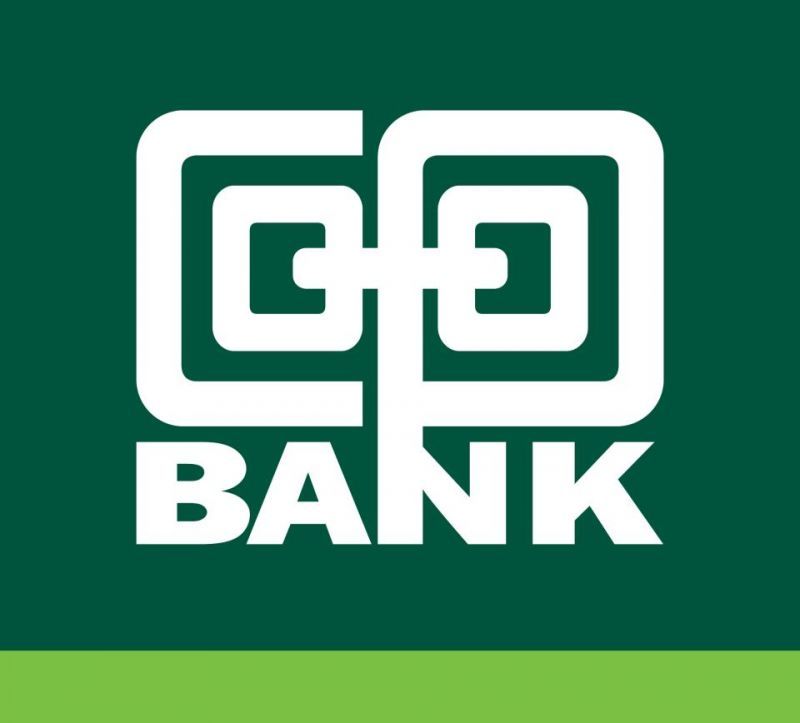
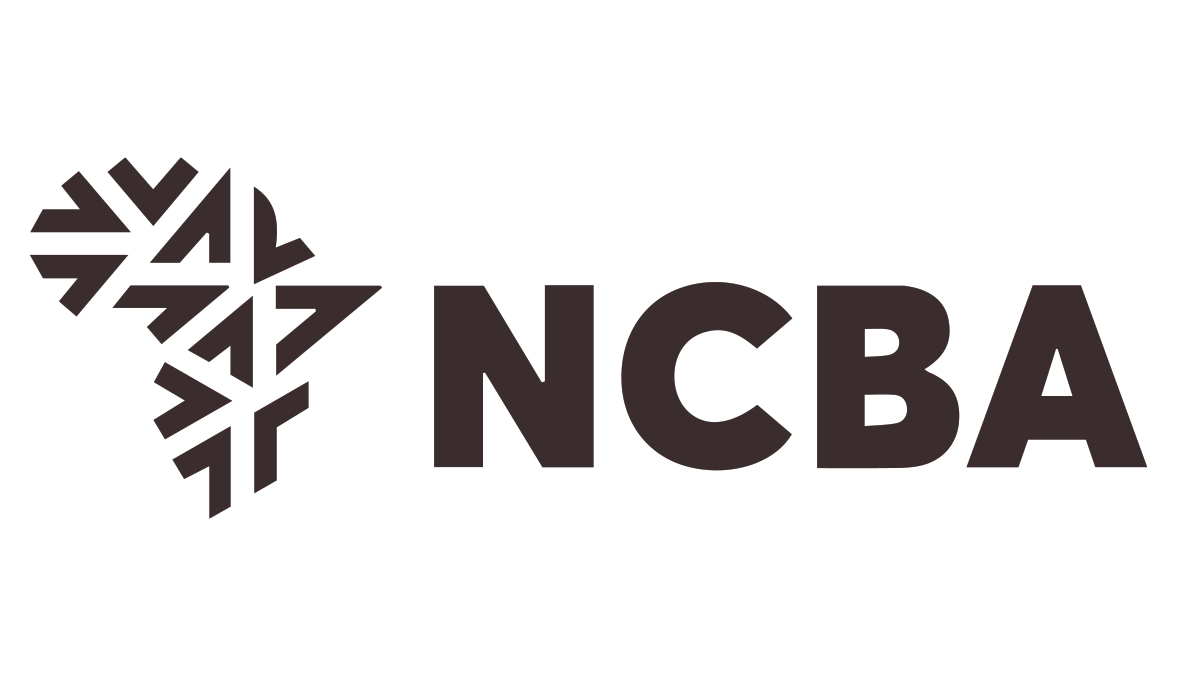

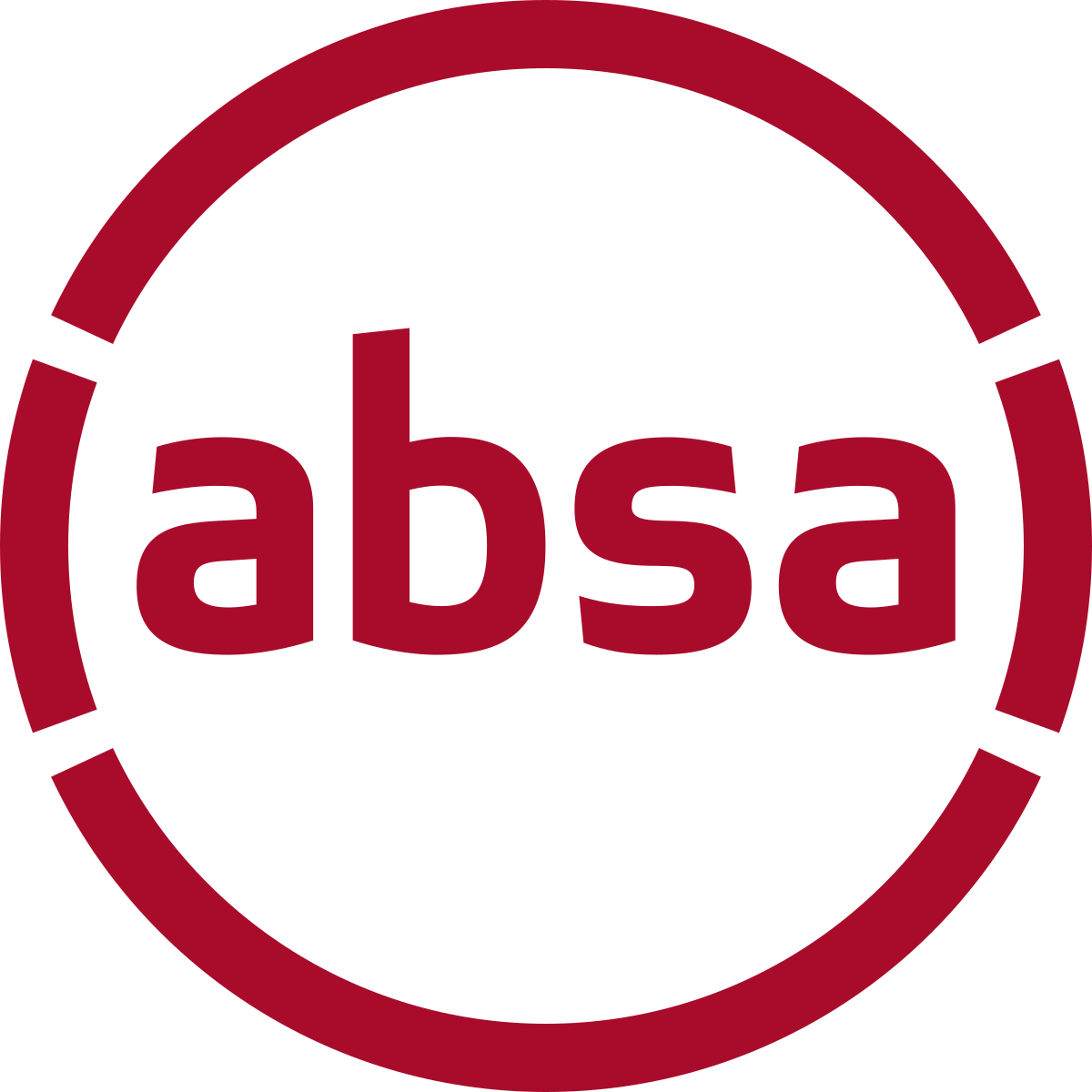
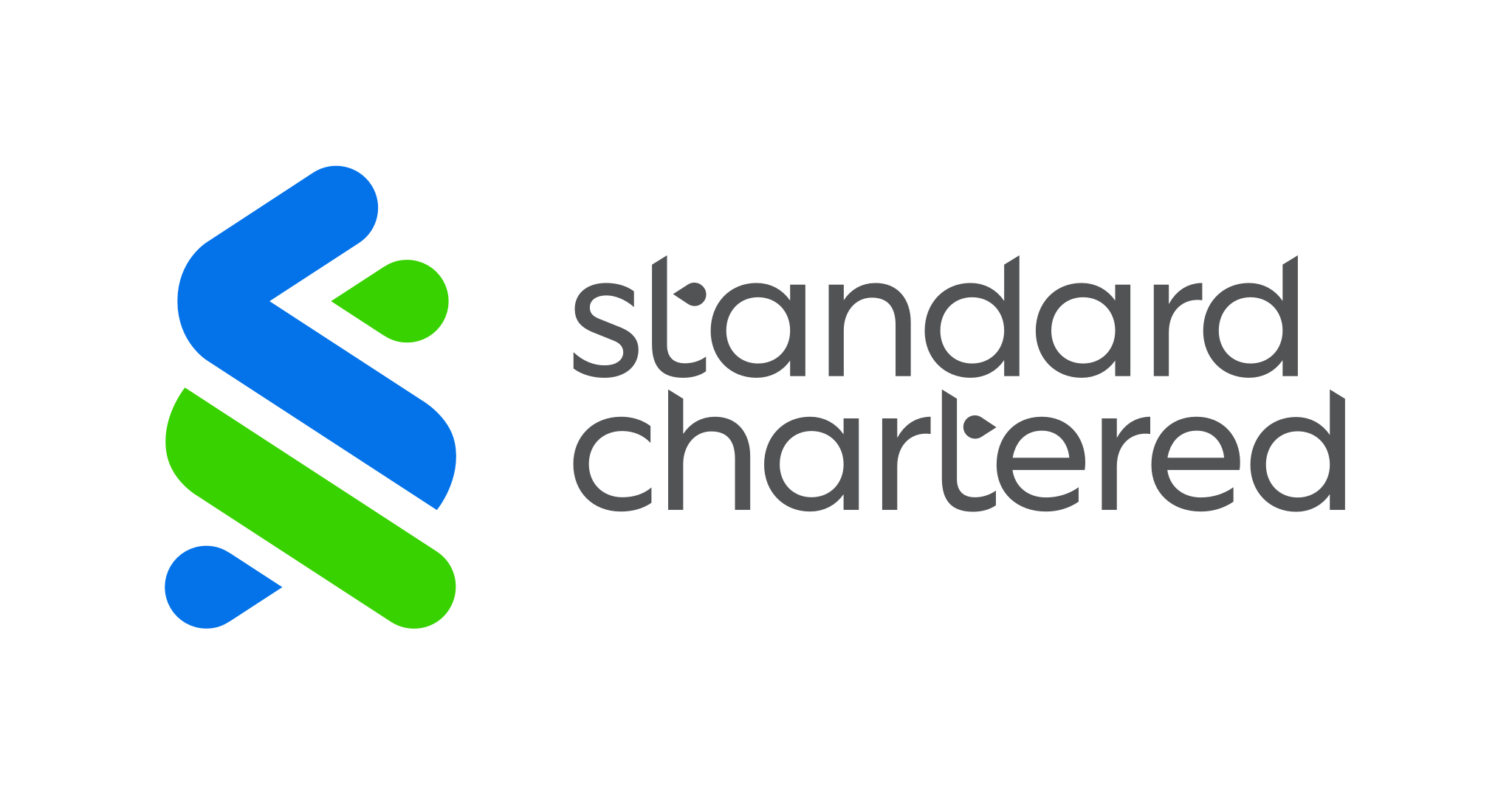
A list of Other Banks and their Branches codes is available on this link
Disruptions in the Banking Industry
Over time there has been a significant disruption in the Banking Sector that has seen businesses renovate to improve their efficiency and remain relevant.
The major disruptions have touched on the following areas:
- Use of Technology; mobile banking and Internet Banking
- Agency Banking
- Islamic Compliant Banking Services
Internet Banking
This is where banks set up online business transactions through the internet. For one to transactions through the internet, one needs to register for online banking services with their bank. The merit of online banking is that it is convenient. You can access financial services and products in the comfort of your home or business location at any time without having to go to the bank physically. Online banking offers almost similar financial services offered by traditional banks including deposits, payments and money transfers.
Mobile banking
Banks have developed mobile application that allows customers to access financial services from their smartphones. The mobile apps are very user-friendly and convenient to use giving customers the freedom to take benefit of banking services using their mobile phones.
USSD
Unstructured Supplementary Service Data allows users without a smartphone or internet connection to access mobile banking solutions by dialling specific banks’ USSD codes.
Security issues associated with mobile banking that you should be aware of to safeguard your account and money.
1. Unsecured Wi-Fi networks
2. Cracking
3. Using a fake mobile app
4. Using not updated mobile banking apps

Unsecured Wi-Fi networks
Free Wi-Fi may lead to someone else accessing your confidential information such as banking details and personal information such as address and phone number. This information when combined may put you at a greater risk for fraud.
Therefore, Customers are advised to use their data plan rather than public Wi-Fi or hotspot when using online banking to avoid unauthorized access.
Cracking
It is Breaking bank account passwords done by perpetrators of computer crime to steal money from customers’ bank accounts.
Principles to observe when setting passwords
- Do not use your background information such as name, date of birth, and anniversary as passwords.
- Passwords should be memorized instead of writing them down
- Use a mixture of letters, numbers and special symbols as passwords e.g. P@ssw0rd or xyz@2012
- Passwords should be unique to an individual
- Periodically change your passwords
- Once a password has been used do not use it again i.e. recycle it
- Passwords should neither be too long nor too short around 5-8 characters.
Using a fake mobile app
Fake mobile banking apps have been created by scammers who will use your credentials to access your real bank account and siphon all your money.
Therefore, before downloading the apps check reviews and make sure you have downloaded the right app before you log in. Moreover, you can access your bank website and download the app from there.
Using not updated mobile banking apps
Outdated software is prone to hackers. Always make sure you update your mobile banking apps in case there is any update notification. This helps to seal some of the security flaws in the app that may allow hackers to access your bank information easily.
These technological advancements: Internet banking, Mobile baking (App and USSD) have seen the penetration of banking services where services can be offered without going to the banking halls. For instance, one can access banking services such as Account Inquiry, Sending Money, Account mini-statements and even stopping a transaction.
Agency Banking
This is where commercial banks engage third parties who are vetted and authorized to offer some select services that the bank offers with the aim of taking services nearer to the customers. Agency banking offer services such as deposit, withdrawal and payment services. One can bank or withdraw business money at a Business Bank Agent bank without having to go to the bank.
Agency banking has accelerated the growth of businesses as they can access money at their locality, and customers can make a deposit or pay for business services and products even past 4 PM when most commercial banking halls are closed.
Sharia Compliant Banking
This refers to financial activities that adhere to Shariah (Islamic law). Two fundamental principles of Islamic banking are the sharing of profit and loss and the prohibition of the collection and payment of interest by lenders and investors.
Islamic banks use several contracts such as sales at a profit margin (Murabahah), lease (Ijarah), profit-sharing (Musharakah and Muḍarabah), and fee-based services (e.g., Wakalah). All banking businesses based on sale or lease must have an underlying asset https://www.imf.org/external/themes/islamicfinance/
Some banks offer Sharia Compliant banking services and products such as National Bank (National Amanah ), KCB Bank ( SAHL Bank )
Conclusion
A business should have its own bank account to separate personal money and business money. Different commercial banks offer different business banking solutions other than just offering deposit-taking. When opening a business bank account, you should consider several factors as we have highlighted above to determine which is the best bank that meets your business needs.
For more information and professional advice, you can contact our team via info@anzianoconsultants.com






